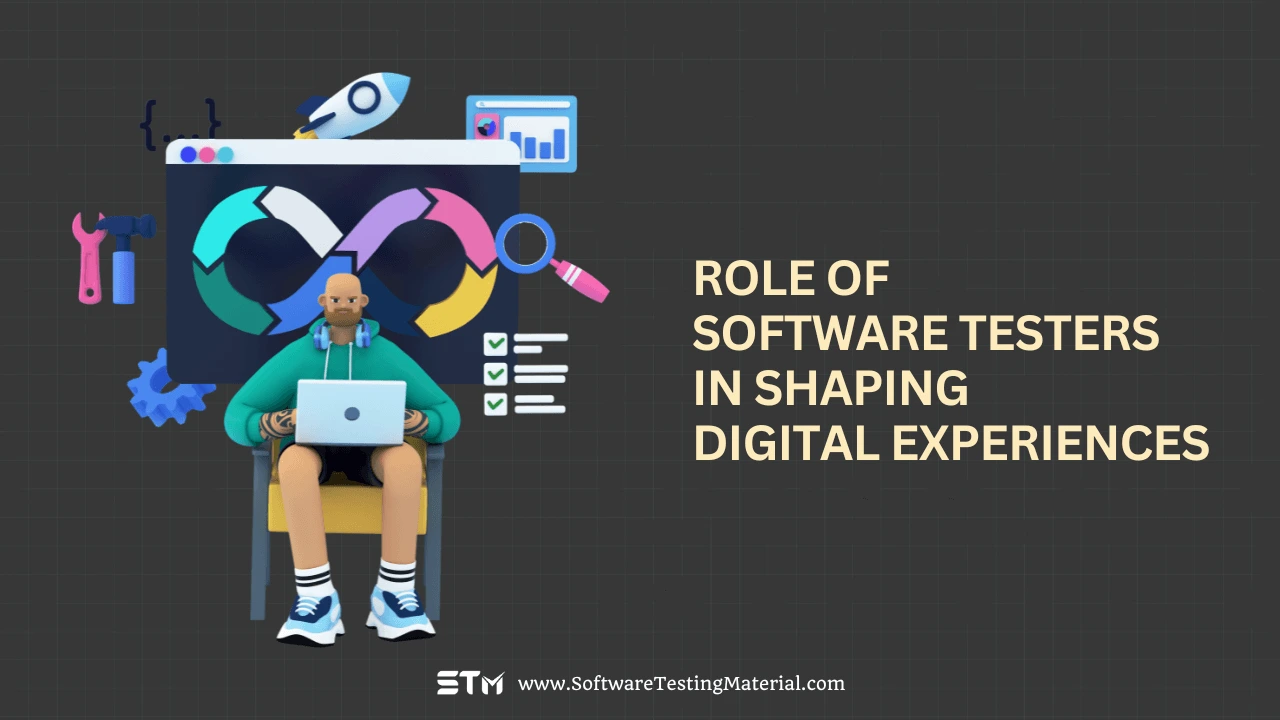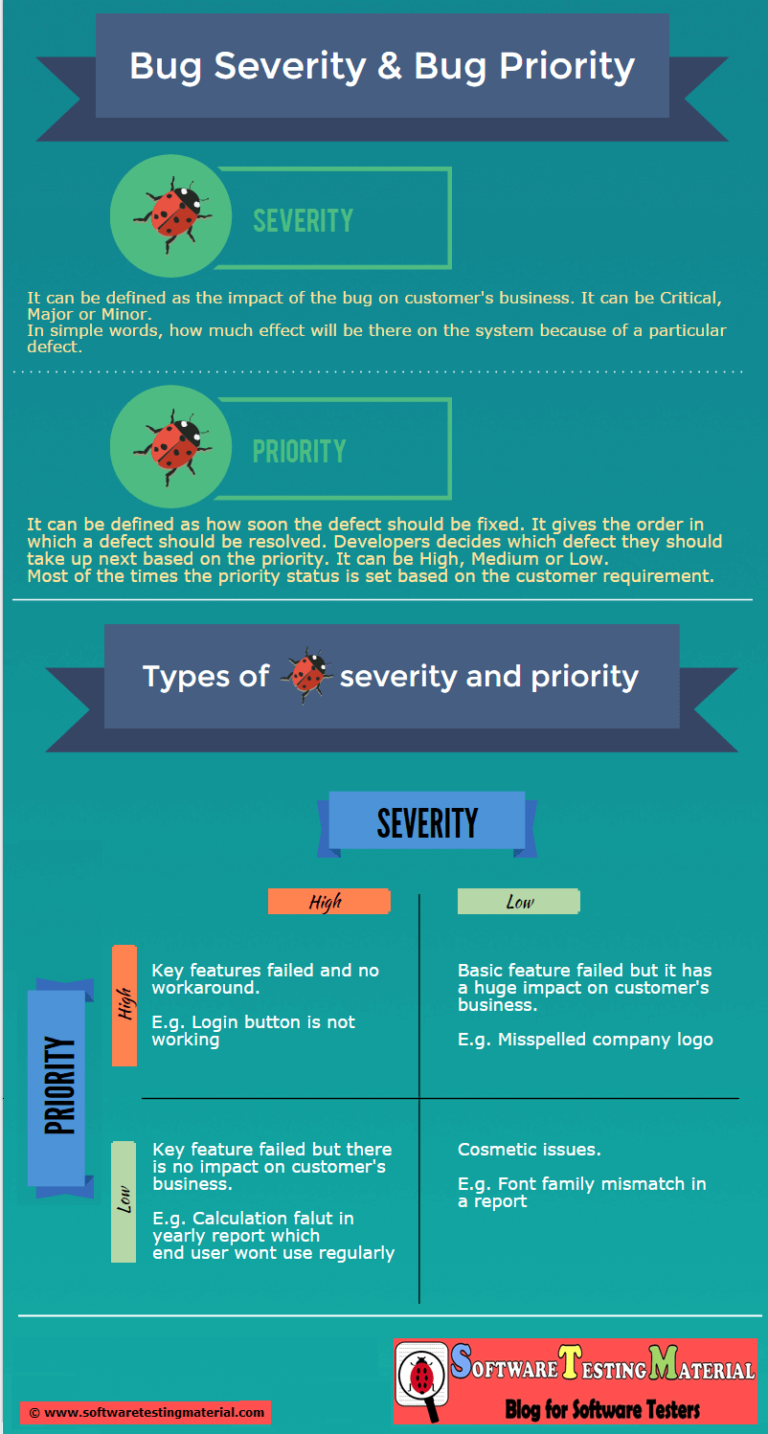The Expanding Role of Software Testers in Shaping Digital Experiences
Software testers do more than just find bugs. Their work shapes digital experiences in ways many don’t realize. As technology advances, the role of testers goes beyond functionality. Security, user satisfaction, and ethical concerns now play a bigger part.
How can businesses ensure their applications are reliable and trustworthy? Poor testing can lead to performance issues, security risks, and frustrated users. With AI and automation changing testing methods, new challenges continue to emerge.
Testers must adapt to evolving technology and user expectations. In this article, we explore how their role is expanding and why it matters more than ever.

Ensuring Seamless User Experiences
Software testers ensure that digital platforms run smoothly across devices and browsers:
- Testers identify flaws that could frustrate users or cause them to leave.
- A poorly tested app results in negative reviews and reduced engagement.
- Testers help developers refine features before launch.
- They evaluate design, responsiveness, and ease of use.
The Interaction Design Foundation notes that ease of use plays a key role in usability. Usability involves how easily users can learn, explore content, and interact with a product. In UX design, usability is essential for product success, but it’s not enough on its own. A product’s market success depends on factors beyond just good usability.
Accessibility testing ensures apps work for people with disabilities. Companies that prioritize usability testing create better customer experiences. Small issues can drive users away, so testing is essential.
What is the impact of testing responsiveness across devices?
Testing responsiveness ensures that apps perform well across various devices and screen sizes. Without this testing, apps may fail on certain devices, causing users to abandon them. Ensuring cross-device functionality enhances the user experience, attracting a larger and more diverse user base.
Optimizing Performance for Scalability and Speed
Slow applications frustrate users and hurt business growth. Performance testing helps applications handle high traffic and heavy workloads. Testers analyze response times, crashes, and loading speeds.
Bottlenecks in code or infrastructure can slow down a system. Load testing replicates real-world scenarios to detect flaws. Companies risk losing customers if their apps freeze or lag.
As per Business of Apps, Google and Apple have strong review systems to filter poorly built apps from their stores. However, there are numerous iOS and Android hardware variations, which complicate app performance. With hundreds of thousands of apps available, it’s nearly impossible to guarantee a completely crash-free experience.
Scalable applications must support thousands or millions of users at once. Testers ensure systems stay reliable during peak usage times. Faster apps improve customer satisfaction and business success.
How does performance testing affect customer retention?
Slow-loading apps frustrate users, leading to high abandonment rates. Performance testing ensures that apps run smoothly and quickly, keeping users satisfied. By addressing performance issues early, companies retain users and prevent negative reviews that could damage the app’s reputation.
Contributing to Healthier Digital Habits
Technology plays a big role in mental well-being. Software testers help create applications that promote balanced digital habits. Features like screen time tracking and content moderation need thorough testing. Some apps use dark patterns to keep users engaged longer.
The National Law Review highlights that recent FTC reports highlight a significant increase in deceptive “dark patterns” tricking consumers. These design techniques mislead users into subscriptions, payments, or sharing private information.
Unlike effective advertising, dark patterns intentionally deceive, violating FTC standards. As consumer protection becomes more crucial, these unethical practices are under increasing scrutiny.
Testers identify such unethical practices that manipulate user behavior. People should have control over how they interact with technology. Ethical testing makes digital platforms safer and more responsible. Companies benefit from designing apps that support healthier habits.
Social Media Apps and Their Impact on Mental Health
Social media can connect people, but also lead to anxiety and addiction. Platforms like Instagram, Facebook, TikTok, and YouTube keep users engaged with endless content.
For example, TikTok uses a powerful algorithm that quickly learns user preferences. The endless scroll design makes it hard to stop watching. Many users experience increased anxiety and disrupted sleep from excessive screen time.
Some content can negatively affect young users’ mental health. TikTok has added parental controls and time limits, but concerns remain.
According to TruLaw, TikTok is under legal scrutiny for its impact on mental health. Lawsuits argue that the platform’s design encourages addictive behavior. Critics say TikTok misleads users about how its algorithm keeps them hooked.
The TikTok lawsuit for mental health damage highlights the growing need for ethical app design and rigorous testing. Software testers play a crucial role in identifying features that contribute to excessive screen time and unhealthy user habits.
How does ethical testing impact user trust?
Ethical testing builds trust by ensuring that apps respect user privacy and promote responsible usage. By identifying harmful features, testers prevent manipulative designs that exploit user behavior. Users are more likely to trust apps that prioritize their well-being and provide a safe digital experience.
Strengthening Cybersecurity Through Rigorous Testing
Cyber threats put businesses and users at risk. Security testing helps prevent data breaches and cyberattacks.
Statista states that in 2023, the education and research sector faced the most cyberattacks, averaging 2,046 weekly. Government and military organizations followed with an average of 1,598 cyberattacks per week. Healthcare experienced the third-highest rate, with 1,500 incidents detected each week.
Testers identify weaknesses in applications before hackers can exploit them. Encryption methods and authentication systems must be tested for vulnerabilities. Strong data protection procedures are required under regulations such as GDPR and HIPAA. Poor security practices can result in legal trouble and financial losses.
Testers also evaluate third-party integrations for potential risks. Companies that invest in security testing build trust with users. A single security breach can have long-term consequences for a company’s reputation.
How does content moderation protect users on social media?
Content moderation filters out harmful, triggering, or inappropriate content from social media platforms. Testers ensure that moderation systems work effectively to maintain a safe environment. By protecting users from harmful material, moderation helps improve the overall user experience and mental well-being.
Software testers are no longer just bug catchers. Their role now includes ethical responsibility, shaping user trust, and digital well-being. Testers evaluate performance, security, and accessibility to prevent technical failures and manipulative design. They ensure apps work smoothly and protect users from harmful features.
This proactive approach promotes a healthier digital ecosystem. It puts user needs and ethics at the forefront of app development. As the digital landscape evolves, the tester’s role becomes crucial for creating trustworthy and sustainable technology. Their work ensures that technology enhances human experiences, not detracts from them.
Related posts:
- Software Testing Tutorial (Free Software Testing Course)
- Manual Testing Interview Questions
- 100+ Types of Software Testing
- Software Development Life Cycle (SDLC) – Complete Guide
- Software Testing Life Cycle (STLC) – Complete Guide
- Bug Life Cycle (Defect Life Cycle) – Complete Guide
- When and how we do Regression Testing in Software Development
- When we do Retesting in Software Development
- Software Testing Tools
- Prompt Engineering In Software Testing
- How To Become A Prompt Engineer (Step By Step Guide)
- 30+ Prompt Engineering Interview Questions
- Artificial Intelligence In Software Testing
- What is AI Testing | Everything You Should Know
- Know about International Tester’s Day






